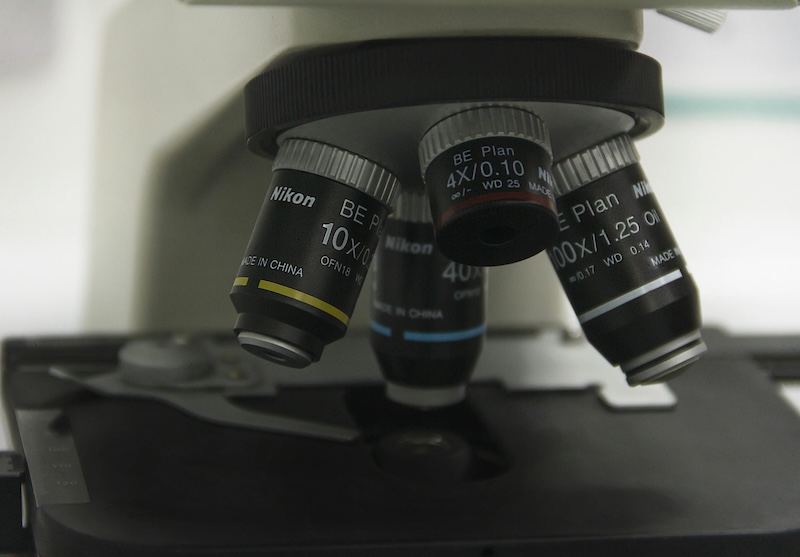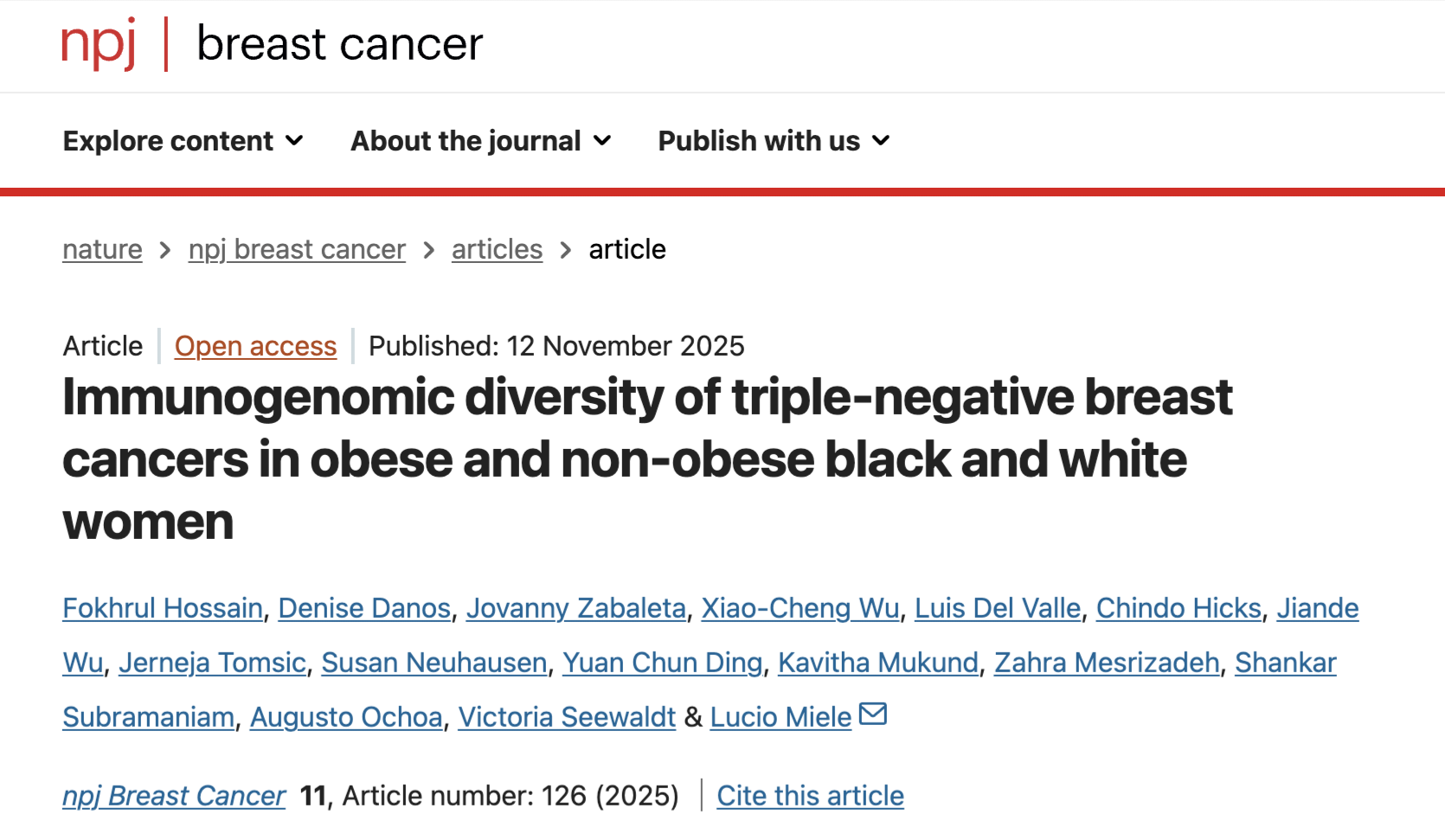
Recruiting communities in the fight against cancer
Ruston, Louisiana - North Louisiana has some of the highest cancer rates in the state and legions of researchers, providers and community health advocates are working hard to change that. Last week, the Louisiana Cancer Research Center’s (LCRC) new Office of Community Outreach and Engagement (OCOE) held its first-ever event at Louisiana Tech University in Ruston to share resources and information to support those working to reduce the impact of cancer.

“It’s essential to have this event here,’’ LCRC Director and CEO Joe W. Ramos told a crowd of close to 200 attending in person and online from around the state. “If we are going to have an impact across the state, we should be working with those of you doing this important work already in your communities,” adding that “by working together throughout Louisiana, we will be able to build a truly great cancer center.” In the last few months, Ramos has opened LCRC membership to scientists from throughout Louisiana including those at Louisiana Tech University, University of Louisiana at Monroe, University of Louisiana at Lafayette, LSU Health Sciences Center in Shreveport, and LSU Pennington in Baton Rouge.
Following an opening talk by Shelina Davis, CEO of the Louisiana Public Health Institute aptly entitled, "Alone We Can Do So Little; Together We Can Do So Much (Helen Keller),” University Presidents Les Guice of Louisiana and Richard J. Gallot, Jr. of Grambling welcomed attendees before 20 panelists shared a wealth of information, experiences and advice about ways to engage multiple populations including low socio-economic status, rural, BIPOC and LGBTQ, each with its own set of needs and issues.
They covered a lot of ground and for good reason. “When we talk about cancer, often we talk about it from the perspective of obesity and tobacco, but there are many other factors that can contribute to cancer,” said Dr. Earl Benjamin-Robinson, director of the OCOE, noting that trauma and violence can trigger stress that can causes someone to take up smoking, a known cancer risk. “Everything is related. Nothing happens in a vacuum.”
Community input is essential to advancing cancer research. Patient data that is gathered from the population at large reveals trends, weaknesses and behaviors that can help researchers refine their therapies. For that reason, the LCRC plans to develop tumor models that reflect the cancers that are most prevalent in Louisiana.
But it can be challenging in rural areas and underserved communities, where a longstanding mistrust of the health care system exists. When it comes to convincing a reluctant community member to get a cancer screening or answer survey questions about their health, panelists universally agreed that it all comes down to one thing: trust.
“Change happens at the speed of trust,” said Kristie Bardell of the Children’s Coalition for Northeast Louisiana, who echoed the sentiments of fellow panelists that authenticity, transparency and listening are must-haves.
Dr. Michael D. Celestin, director of The Tobacco Control Initiative, described his community engagement approach as participatory. “I don’t want to see just numbers. I want to hear people’s stories. I have to figure out ‘what are the most important issues that you face’. If we are going to move the needle, we have to address those factors like education, like income, like isolation, before we see any impact on smoking cessation.”
Donna Williams, LCRC associate director of population sciences and community outreach & engagement stressed the importance of being invested in one’s work. “We are doing this for our community. Not for a community but our community,” adding that it is crucial to involve community members even before the first research questions are formulated.
At the end of the day, Director Benjamin-Robinson told the audience that they can expect to see and hear more from the LCRC. “This has been about starting relationships and preparing for long-term relationships…this is not a one stop thing. We are in it to win.”




